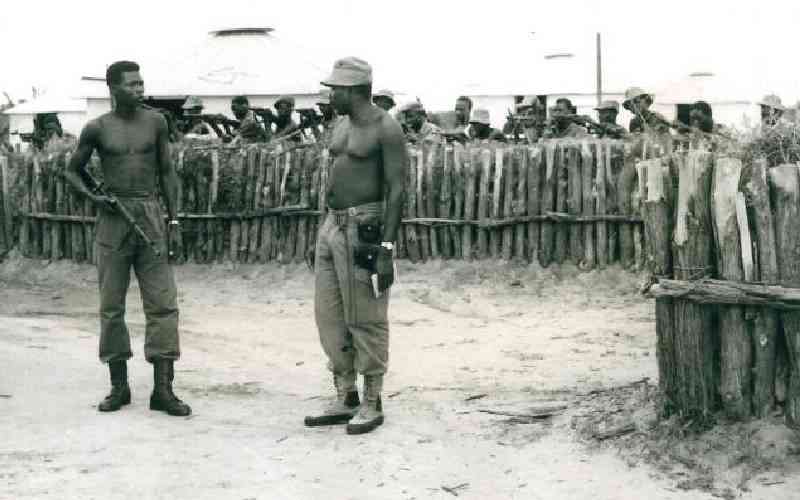×
The Standard e-Paper
Kenya’s Boldest Voice

The birthing of a new nation can be painful. Not even modulated debates in Lancaster and Rome conference halls could yield peace to a country that was just about to taste freedom after seven decades of servitude.
These were the makings of a nightmare that has lasted more than a lifetime. When the officials of the Northern Province Peoples Progressive Party (NPPP), whose clarion call was "Secession Now" met Kenya's last governor, Malcom MacDonald in 1962, their mission was clear. Self-determination.